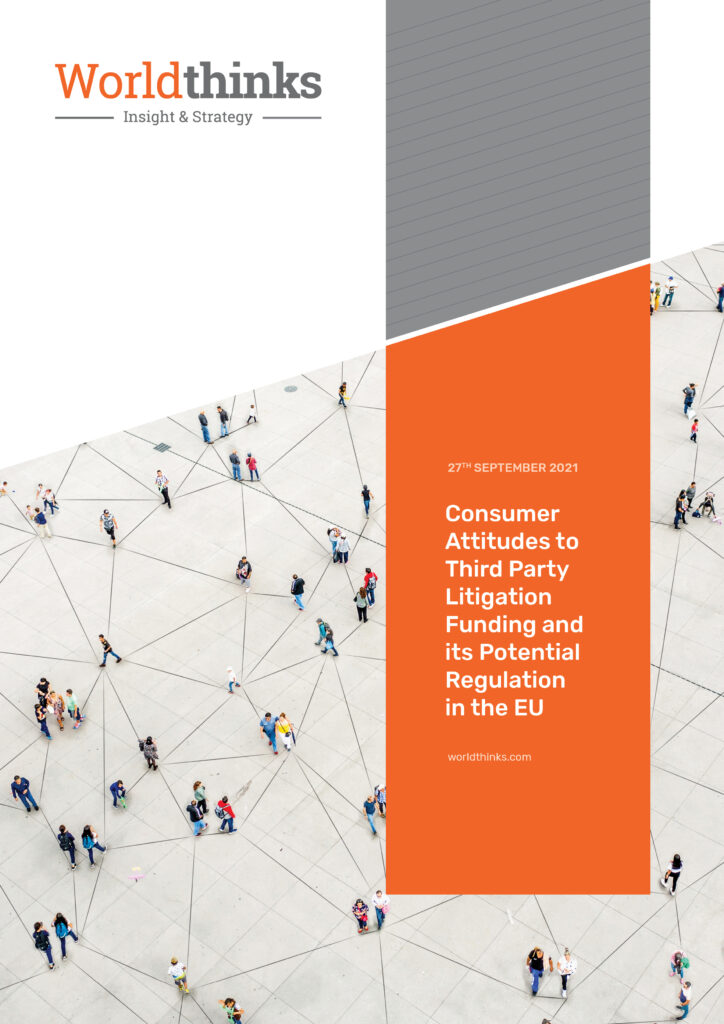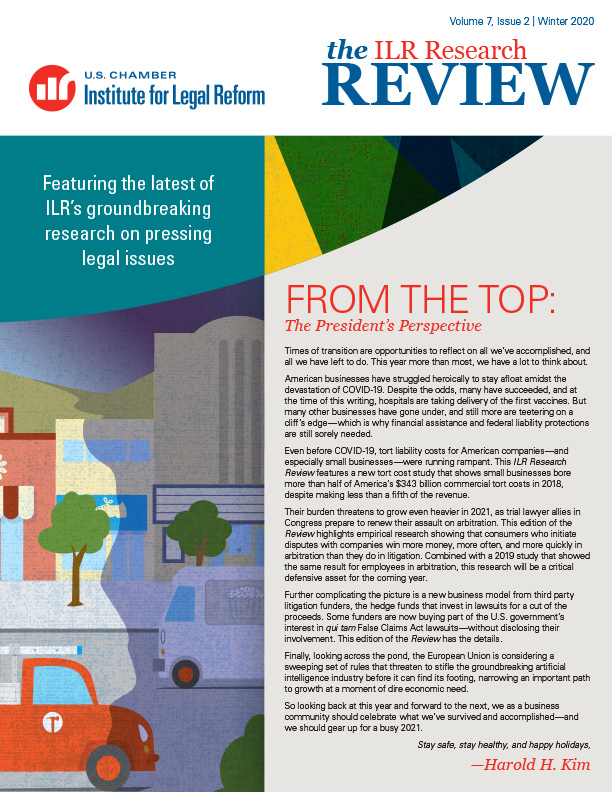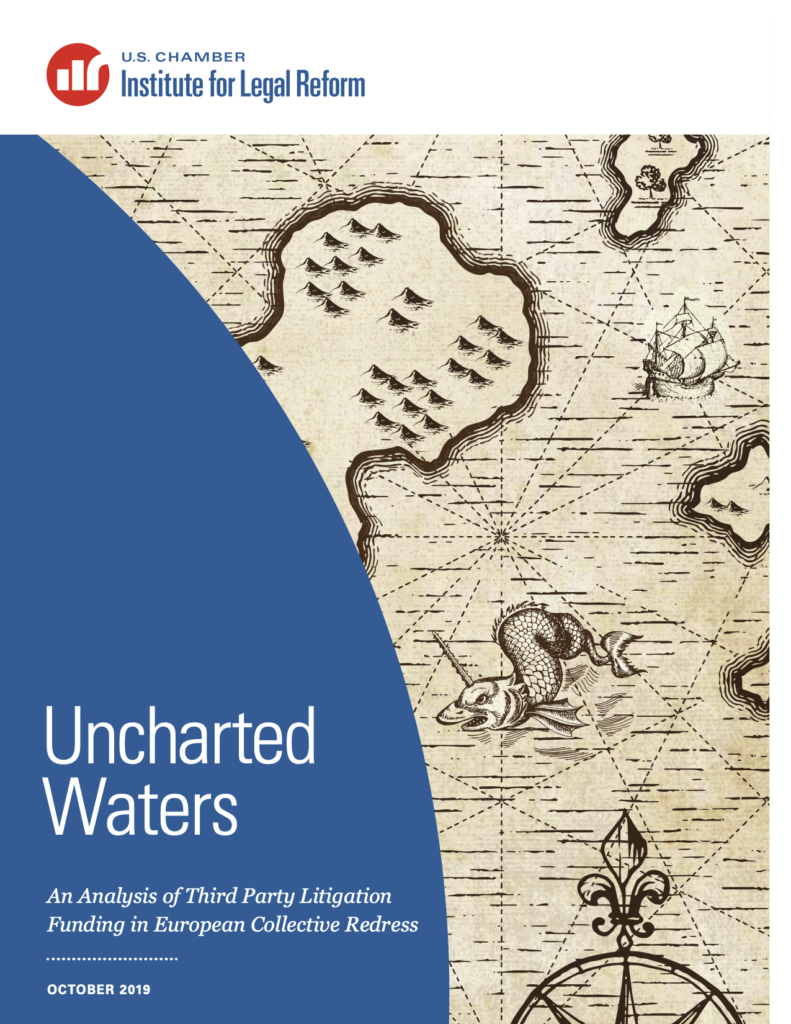The EU is experiencing a wave of new “collective redress” or “class action” mechanisms, and more are on the way. However, class actions are being considered for different reasons, at different speeds, and in different forms in each of the EU’s twenty-eight Member States.
The forms of action under development have vastly different features and are subject to very different safeguards or protections. For example, Member States take varied positions on the availability of third party litigation funding and alternative fee arrangements (such as contingency fees); and some have opt-in systems, opt-out regimes, or both.
In other words, there is little consistency across the EU regarding when or how actions may be brought, and the features of each system are so different that there are many reasons for claimants to want to choose some jurisdictions over others—also known as “forum shopping.”
A network of rules already exists governing how the courts of EU Member States divide and share jurisdiction in cases that have effects in more than one country. These rules have been developed against a backdrop in which class actions did not exist and are geared more towards simpler, party-to-party litigation scenarios.
In circumstances where some Member States may have relatively poor safeguards against abusive or opportunistic collective actions and where existing rules create many opportunities to choose between jurisdictions, potentially problematic forum shopping may arise.
This paper outlines some of the issues with unsafeguarded collective actions, the existing EU rules on jurisdiction, and how these rules are routinely used to permit choices between jurisdictions.
It considers whether the increasing prevalence of collective actions and the great diversity in safeguards, coupled with the relative freedom to choose between jurisdictions, warrants a new system to prevent abusive and detrimental forum shopping. Finally, it considers what such a system might look like and how it could be achieved.
View PDF


